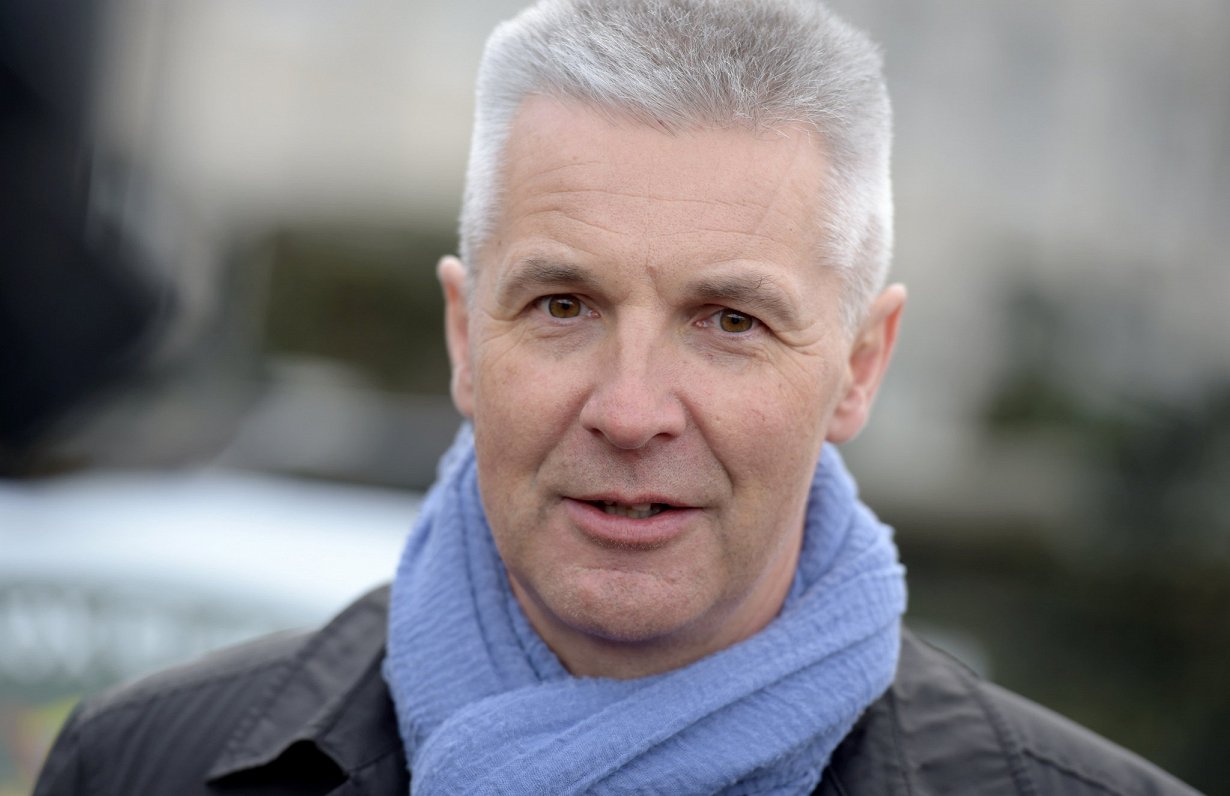Pabriks acknowledged that the negotiations are difficult and long, but hopes they will be successful. “These requests and demands - NATO understands them, but this does not in any way outweigh our need to maximize our own armed forces and army. There are many things we have to do for ourselves. Only by doing those can we hope for more support from allies,” – said Pabriks.
The Minister said that such a request had been made prior to deterioration of the situation in Belarus.
“We know that in the last ten years and more there has been some asymmetry between those Russian armed forces on the border of Belarus, our own armed forces, and the armed forces of our allies. Consequently, we believe that, in order to be able to guarantee the same security for all Latvian citizens as for German, Spanish or Italian citizens, we should have a greater permanent presence here of allied forces,” the Minister said.
Speaking about the impact of the events in Belarus on Latvia's security situation, the Minister pointed out that their development is being followed closely. “Any change is very important to us. We have a common border. We see very well the extent of Russia's influence in Belarus at the moment. We see more loud statements coming from Alexander Lukashenko's side when a plane from Moscow arrives at him one late evening or night. Then there is usually some sort of political adjustment course,” – said Pabriks.
“Russia has the greatest influence on exactly what is happening in Belarus. No other country, no other region has any such influence. Everything Lukashenko is doing now is in the closest line with what the Kremlin is planning,” – said Pabriks.
He also acknowledged that the West has a very small impact on what is happening in Belarus. “Unfortunately, the most opportunities here are for the Belarusian people themselves - how resilient they will be. We can only wish the opposition and the people of Belarus the strength and strength to achieve the goal they want for their country.”




























